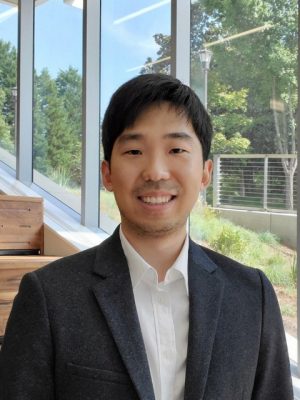 |
| Hang Woon Lee |
Aerospace Engineering doctoral student Hang Woon Lee has been selected by the American Astronautical Society (AAS) to receive its 2020 Molly K. Macauley Award for his paper, "Regional Constellations as Alternative Business Strategy: Overcoming Startups’ Challenges in the Space-based Communications Industry."
The South Korea native will formally receive the award, including a $3,000 stipend, when he presents his findings at the AAS John Glenn Memorial Symposium, to be held in Cleveland, Ohio in July.
Lee earned his undergraduate degree at MIT and his master's degree at the University of Illinois. He is currently a doctoral student studying under the guidance of Professor Koki Ho, a member of the AE School's Space Systems Design Lab (SSDL) and the head of the Space Systems Optimization Group (SSOG).
Lee's paper focuses on the regulatory, economic, and technical challenges faced by start-up companies in the rapidly growing space-based communications industry.
"As an industry, space-based communications is difficult to enter, presents an unpredictable demand, and has uncertain exit routes," Lee observed. "Most operational or planned low Earth orbit communication constellations are for global coverage which requires hundreds and even thousands of satellites. In this paper, I explore an alternative business model that startups can adopt to overcome their liabilities of newness. A qualitative analysis is conducted to justify why regional constellations are beneficial and to discuss how these systems can be employed given the context of the market landscape."
The Mccauley Award annually recognizes future space industry leaders by contributing to the professional development of outstanding college and university students. Five finalists and one winner are selected for each of two tracks: Business and Space Policy; and Science and Engineering. All ten finalists present their research as a poster at the Symposium.